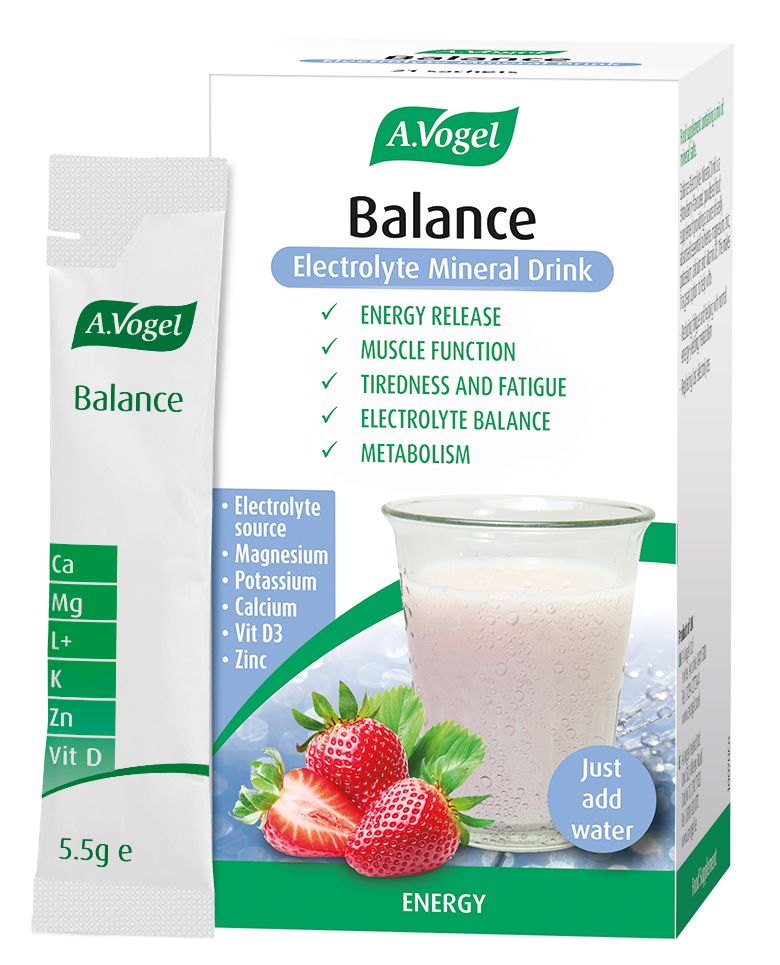Why do I feel dizzy during my period?
There are many reasons why you might feel dizzy around the time of your period, including hormones, period cramps and anxiety. You can read more about dizziness and your period here. Today, however, I’m going to look into why some women faint during their period, especially when changing blood pressure is involved.

Is it normal to faint during your period?
During your period, blood is reallocated and diverted to the womb and abdomen so that menstruation can take place. This means that the circulation of blood to other parts of your body can suffer; which explains, for instance, why your digestion might be slower the week before your period.
As a result of this poor blood circulation, some women find that they experience light-headedness and even fainting during their period, especially if they already suffer from low blood pressure. This is because the brain requires an adequate supply of oxygen and glucose at all times and, if circulation is poor, the blood carrying these essential elements might struggle to reach the brain.
So, fainting is not something that should be happening to you on a regular basis. If you find that you often faint during your period (or at other times of the month), there could be something serious going on. You should make sure to visit your doctor to get to the root of the issue. There could be many reasons why you might faint, especially around the time of your period, some of which I’ll discuss below.
Why do we faint?
So, let’s take a look at what happens when we faint. As I’ve explained, our brain needs a constant supply of oxygen and glucose, both of which are delivered by the blood. In order for the brain to receive an adequate supply of these all-important elements, our heart needs to be strong enough to pump blood all the way from our lower legs to our head.
If your heart isn’t doing a good job of circulating blood (due to the diversion of blood to the womb, for instance), your body will try to get gravity on its side. In other words, you will faint! Our body gets us into a horizontal position by lying us down on the ground so that enough blood can be pumped to the brain.
What increases the risk of fainting?
So, we’ve established that fainting is a mechanism employed by our body to make sure the blood supply to our brain is good enough to keep things ticking over, and we know that blood can be in short supply when a large portion of it is dedicated to the womb. But, why are some people more prone to fainting around the time of their period?
Well, there are a number of factors which could affect your blood pressure which is, essentially, how well your heart pumps blood around your body. Low blood pressure (which falls below 120/75) indicates that the walls of the blood vessels are too slack; therefore blood isn’t being pumped round the body efficiently.

A number of factors can contribute to low blood pressure and these could be responsible for your fainting spells:
1. Anaemia
If you are low in iron, you will be at risk of iron deficiency or anaemia in which low levels of iron can drive your blood pressure down and weaken your pulse. Iron is required to transport oxygen in the blood, so low levels of iron could mean that your brain is not getting enough of this essential element and is struggling to function.
You might be iron deficient if you follow a restricted diet, such as veganism or vegetarianism. This is because animal sources of iron, such as liver and beef, are more easily absorbed by the body. If you don’t eat meat, making sure to include plenty of leafy green vegetables like spinach and kale, as well as beans and lentils, will help you to meet your iron requirements and avoid conditions like anaemia.
If you’ve had confirmation from your doctor that you could be at risk of anaemia, a gentle iron tonic may be worth incorporating into your regime.
2. Heavy periods
Women who have heavy periods are particularly at risk of low iron levels, due to losing a lot of blood each month. What’s more, heavy bleeders are also at risk of having a lower volume of blood which means that blood pressure can be low and circulation can be poor. Again, this increases the risk of fainting as the circulation is not quite strong enough to supply the brain with plenty of glucose and oxygen.
If you suffer from heavy periods, you can try taking Ginkgo biloba drops. These are made from freshly harvested Ginkgo biloba leaves which can help to support circulation and improve blood flow to the brain.
3. Poor diet
Diet can be a contributing factor to low blood pressure which, in turn, can influence dizziness and fainting. First of all, we need to make sure that we consume enough vitamin C to enable us to absorb adequate levels of iron. There’s no point munching on steaks to up your iron if your body can’t absorb it! We also need strong stomach secretions to help support the proper absorption of iron, so digestive issues are something to be aware of here as well.

Furthermore, our body needs a balance of electrolytes in order to support our blood pressure. We require a delicate balance of potassium and magnesium in order to avoid our blood pressure becoming too high or, as is the case with dizziness and fainting, too low.
Magnesium and potassium are available in a wide range of fresh wholefoods (such as bananas, tomatoes, kale and asparagus), but our diets these days are containing fewer wholefoods and more processed foods which have been stripped of most of their nutritional value. This means that many of us aren’t getting the right amounts of these essential electrolytes.
My Top Tip:
Balance Mineral Drink is a great way to top up on potassium and magnesium, as well as other important nutrients including zinc, calcium and vitamin D. Simply mix it with water or add it to your favourite fruit smoothie!
A.Vogel Balance Electrolyte Mineral Drink with Vitamin D3, Magnesium, Zinc, Potassium and Calcium.
£22.49 (21 x 5.5g sachets) In Stock
4. Dehydration
When the body becomes dehydrated, the low volume of water causes the blood to thicken. This makes it more difficult for the blood to circulate throughout the body which, in turn, can deplete the supply of blood to the brain.
This also explains why fainting tends to be more common in the summer months when we experience warmer weather (if we’re lucky!), especially if we jet off on holiday. In hotter climates we lose vital fluids through sweat, which can contribute to dehydration and, thus, fainting.
Make sure to drink at least 1.5-2 litres of water every day, and even more during your period, if you suffer from symptoms of low blood pressure. This can help to dilute your blood and improve circulation.
First published April 2019, updated February 2022.









